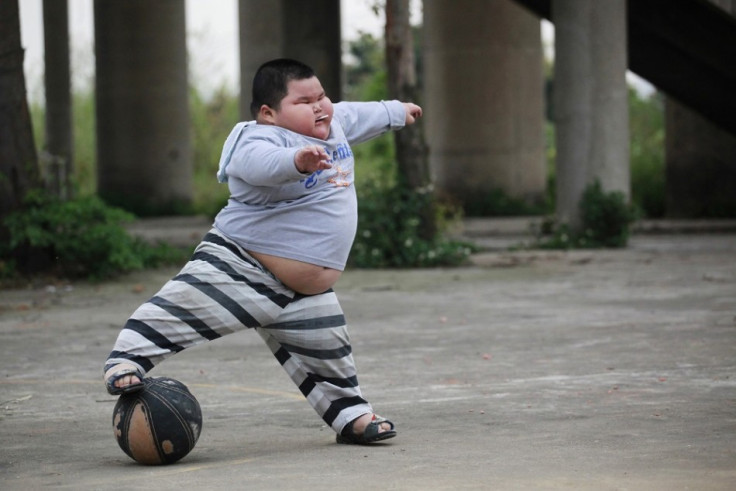Fat Crisis: Children 15% Less Fit Than Parents Were at Same Age
American children's cardiovascular fitness has dropped 6% every decade since 1970

Children are 15% less fit than their parents were at the same age with the average child taking 90 seconds longer to run a mile than their mother or father would have a generation ago, researchers have said.
A global report into the cardiovascular fitness of children was presented by researchers at the American Heart Association's Scientific Sessions and revealed that endurance performance had dropped by about 6% every 10 years between 1970 and 2000.
Lead author Grant Tomkinson, of the University of South Australia's School of Health Sciences, said: "If a young person is generally unfit now, then they are more likely to develop conditions like heart disease later in life.
"The most important type of fitness for good health is cardiovascular fitness, which is the ability to exercise vigorously for a long time, like running multiple laps around an oval track."
Fat mass increase
Researchers analysed 50 studies about running fitness conducted between 1964 and 2010. The studies included information on over 25 million children aged between nine and 17 in 28 countries.
They looked at how far children could run in a set time, or how long it took to run a set distance.
Over the 46 years, fitness dripped significantly, with average changes being consistent between sexes and age groups. The researchers said it is the first time a study has show cardiovascular fitness has dropped among children across the globe since the 1970s.
The authors believe the drop in fitness is a result of a combination of social, behavioural, physical, psychological and physiological factors, with one of the main reasons being children are getting fatter.
"About 30% to 60% of the declines in endurance running performance can be explained by increases in fat mass," Tomkinson said, adding that children should be doing about an hour's exercise such as running, swimming or cycling every day.
"We need to help to inspire children and youth to develop fitness habits that will keep them healthy now and into the future. They need to choose a range of physical activities they like or think they might like to try, and they need to get moving."
© Copyright IBTimes 2025. All rights reserved.






















